What does it mean to be a healthy eater?
Is it all about what you eat?
About the quality of the food that you consume?
About what nutrients it contains?
About its origins – whether it’s organic, whole, and unprocessed or it’s artificially manufactured, GMO, and has no actual nutritional value?
Could it also be about how you feel about what you eat?
Could it be about what you think about your eating behaviors?
Whether you’re in constant fear of gaining weight, obsessing over every bite, and counting every calorie, or you’re actually enjoying every meal?
Could it be about the very environment where you eat? About whether you take your time to sit at the table, choose to be present, and not think about your endless to-do list, or you’re constantly eating on the go, and never even paying attention to the actual act of eating?
Is food’s only function to fuel your body or is it also to nurture your soul?
Can obsessing over what you eat and pushing yourself into different extremes with the sole purpose of being “perfect” do more harm than good?
The concept of healthy eating is a dangerous fallacy. It’s a term that’s loaded with so many myths and misconceptions that it’s absolutely impossible to define it universally.
Moreover, there is no such term as a universally healthy diet. That’s what professor Eran Segal and his team from the institute of sciences in Weizmann discovered as they followed nearly a thousand people while trying to define what the healthiest diet for humans looks like during the largest experiment on the subject that’s ever been conducted.
Healthy eating is many different things.
It has so many different dimensions. It is supposed to be flexible, highly personalized, and ever changing. It is supposed to be nutritious AND delicious. It is supposed to be pleasurable, fun, nurturing, and nourishing. It is supposed to be balanced and to correspond to your current preferences, skills, budget, environment, needs, and goals.
But that’s all a no-brainer. The more important part is what healthy eating is not supposed to be.
It is not supposed to be extreme. It is not supposed to be stressful. Or polarizing. Or causing you emotional, psychological, or physical trauma. It’s not supposed to completely deprive you from everything you’ve ever enjoyed eating. It’s not supposed to isolate you, bankrupt you, or be used as a validation of your worth as a human being.
Eating happens in your head first, and your body just catches up.
If you make food the main focus of your existence and the center of your every day, instead of using it as a strategic ally in long-term health and wellness promotion, it doesn’t matter how healthy you eat in terms of the food that you consume. This ain’t healthy eating at all.
Doing something at all costs is not what balance looks like. And when it comes to how and what you eat, that’s not a sprint, it’s the damn marathon of your life.
If you don’t find a way to play the long game and adapt as you go, you essentially choose to engineer your very own ticking time bomb.
Are you a healthy eater or a suicide bomber?

Sofia Yotova
Inspiration.Passion.Humility.
I am the CEO & Founder of Foodie Boulevard – a disruptive organization that explores the role of food beyond the plate as foundational long-term strategy for personalized healthcare and wellness.
Our mission is to develop solutions that help our audience use food as an interactive educational tool, a powerful epigenetic factor, and a healing mechanism for people struggling with eating disorders.
I am a published author, blogger, lecturer, and workshop organizer. I am a certified Eating Psychology Coach by the Institute for the Psychology of Eating in Colorado and Jamie Oliver’s Food Revolution Ambassador.








